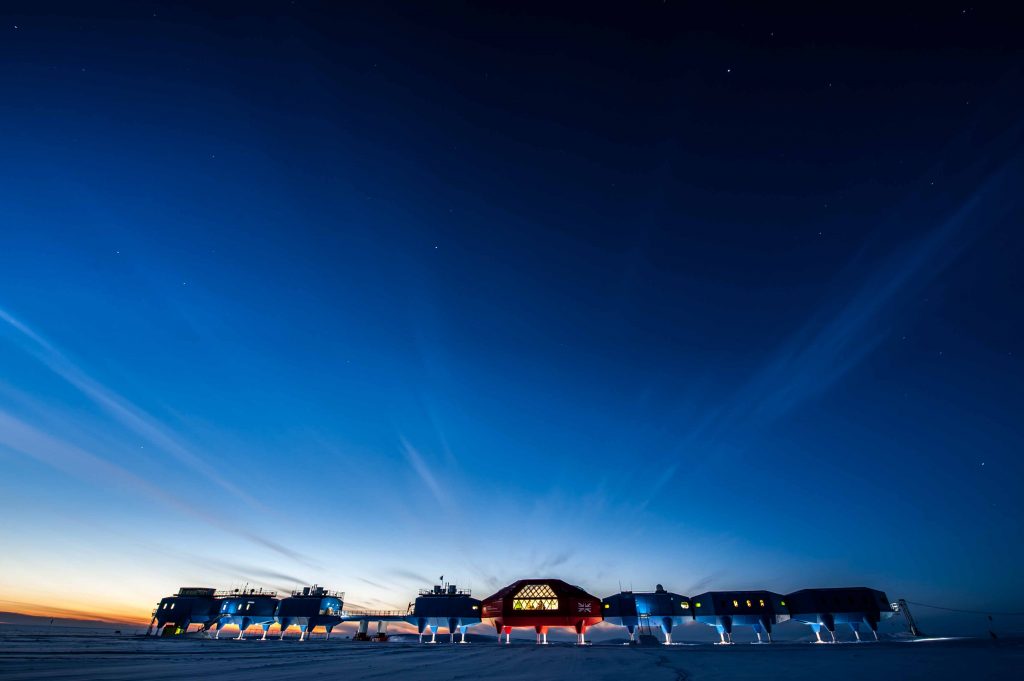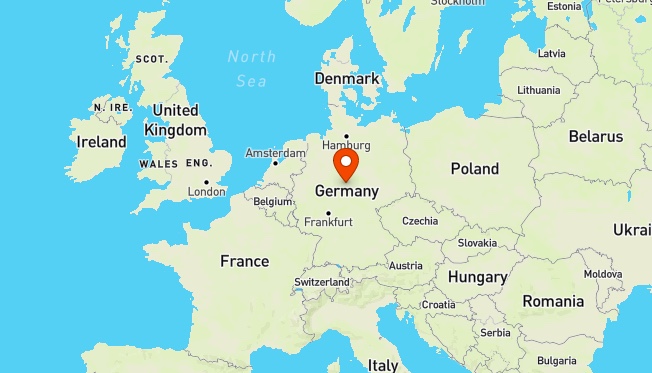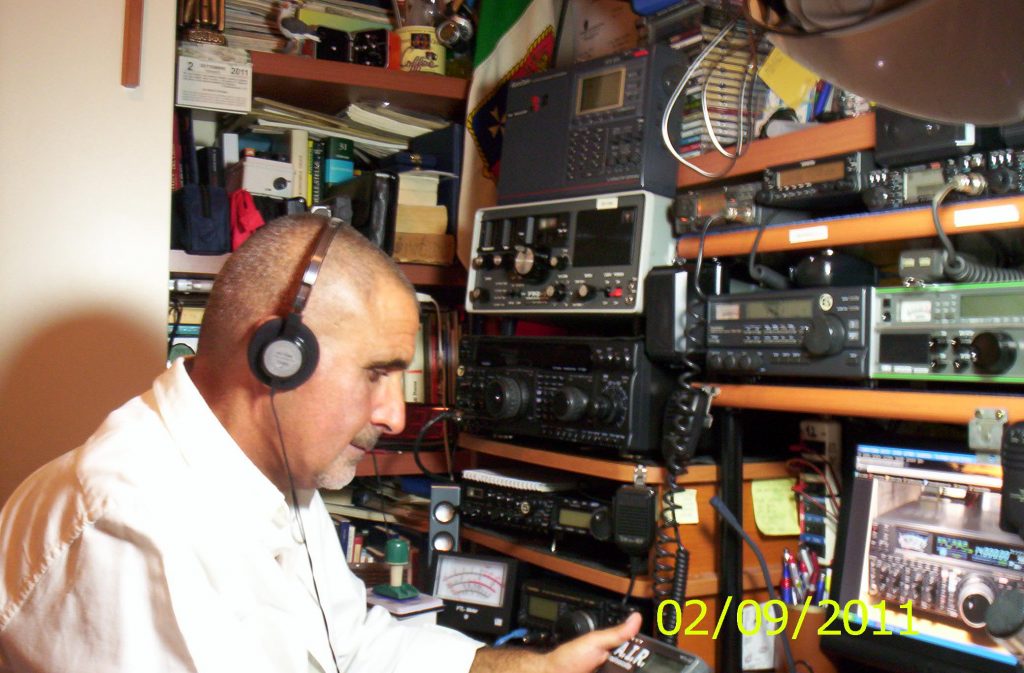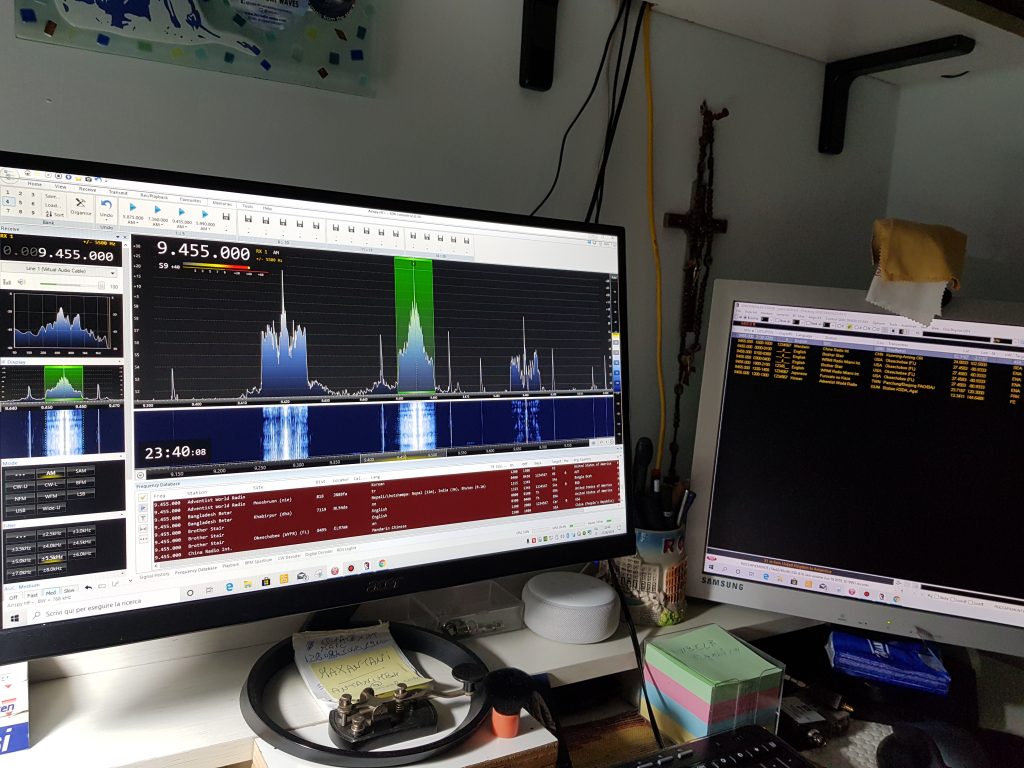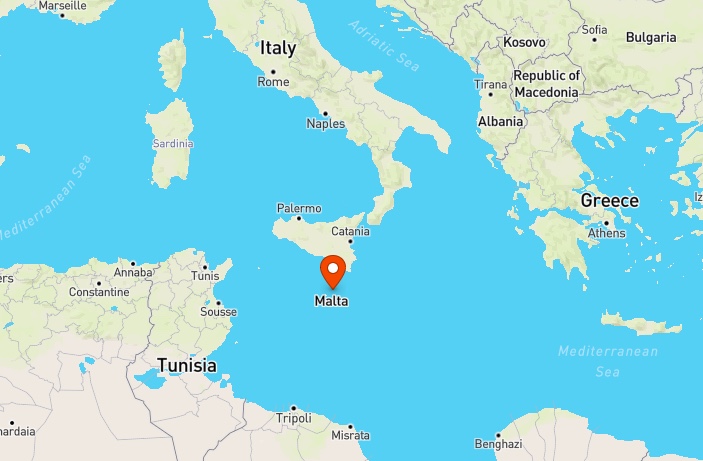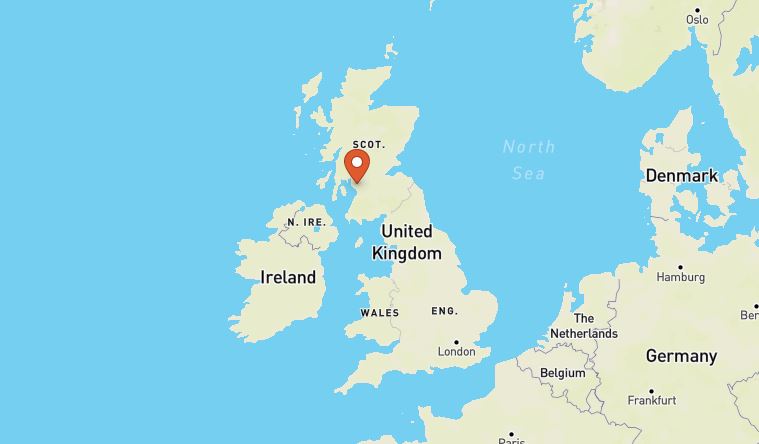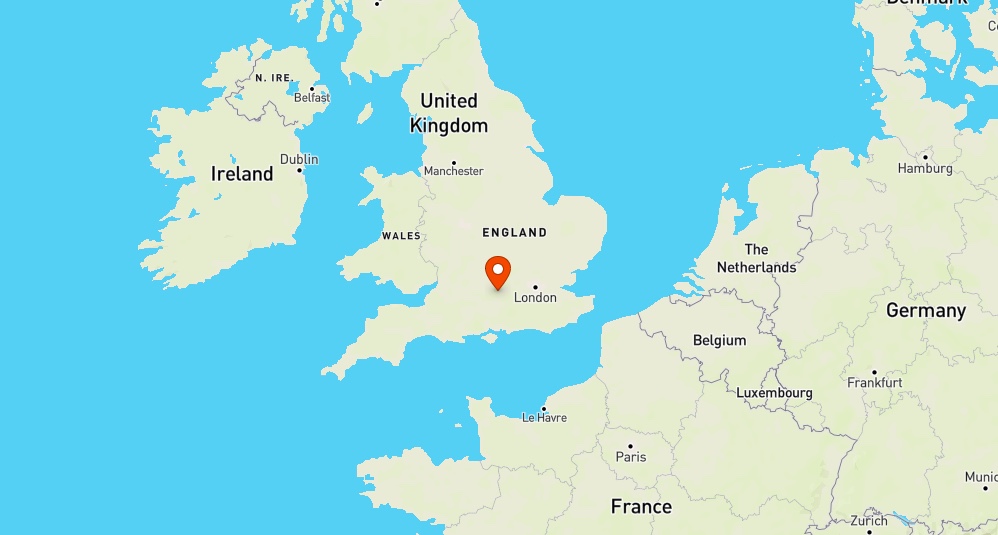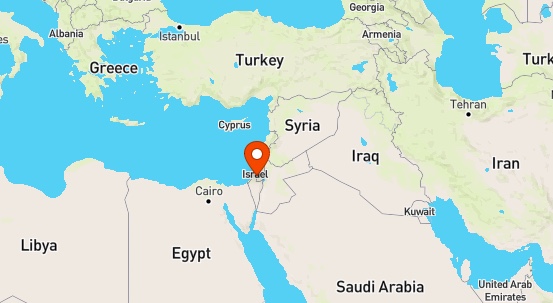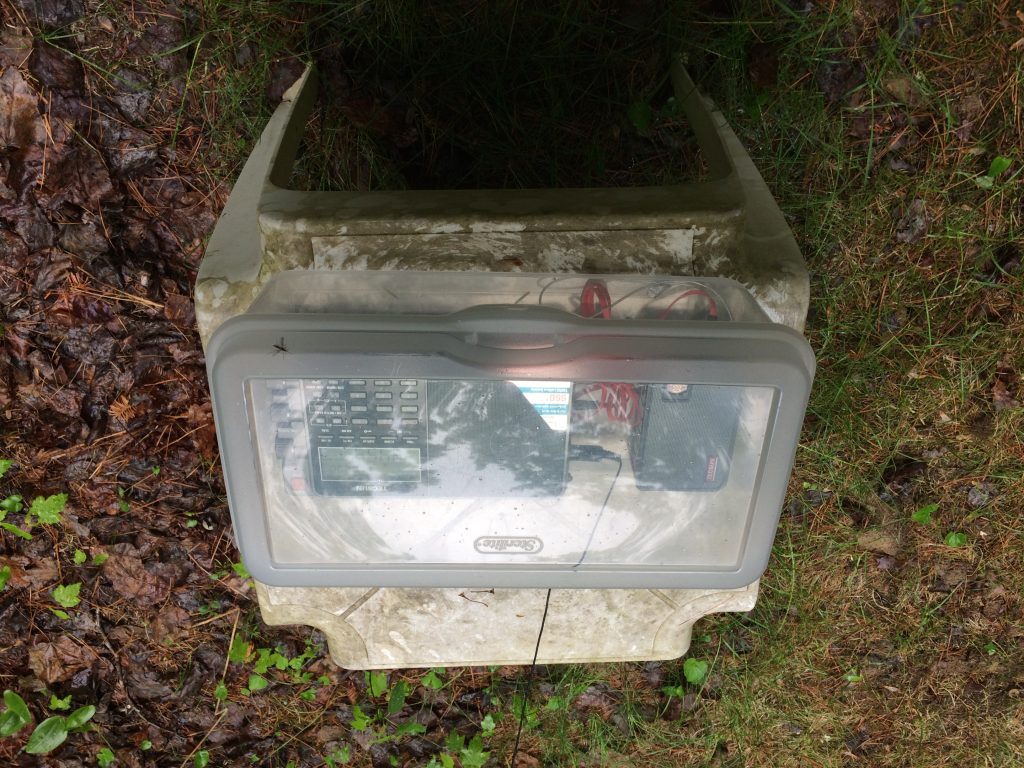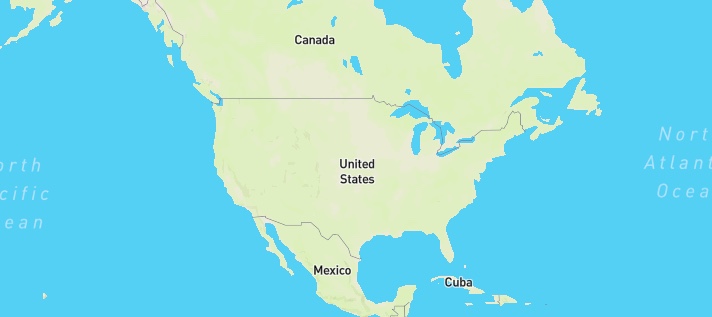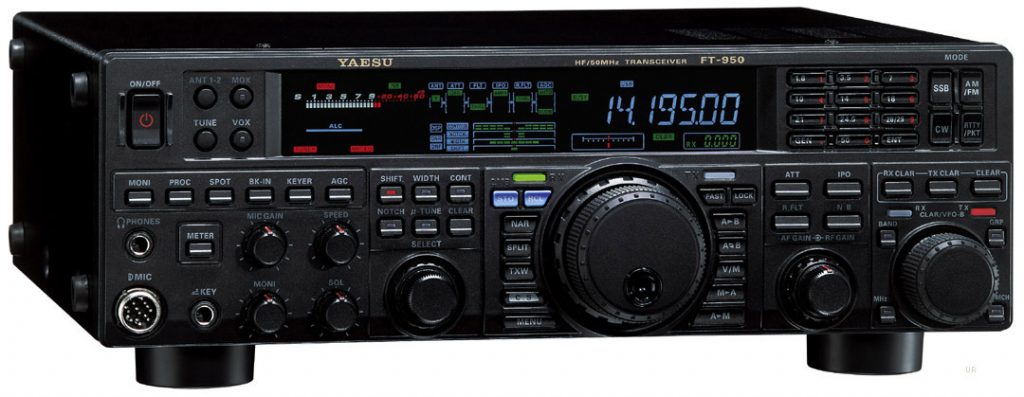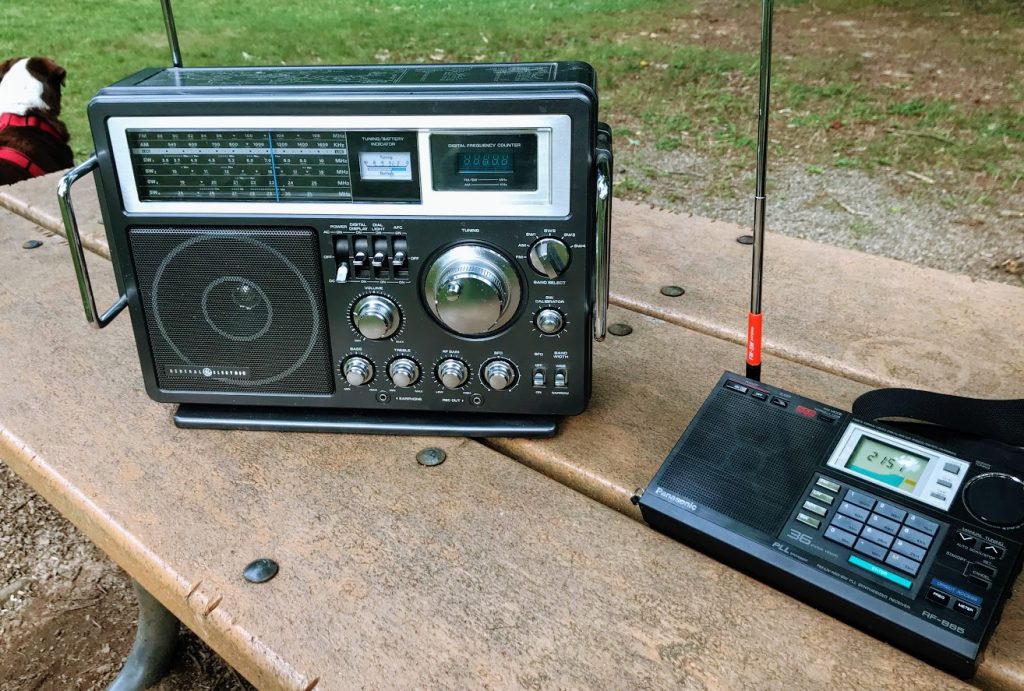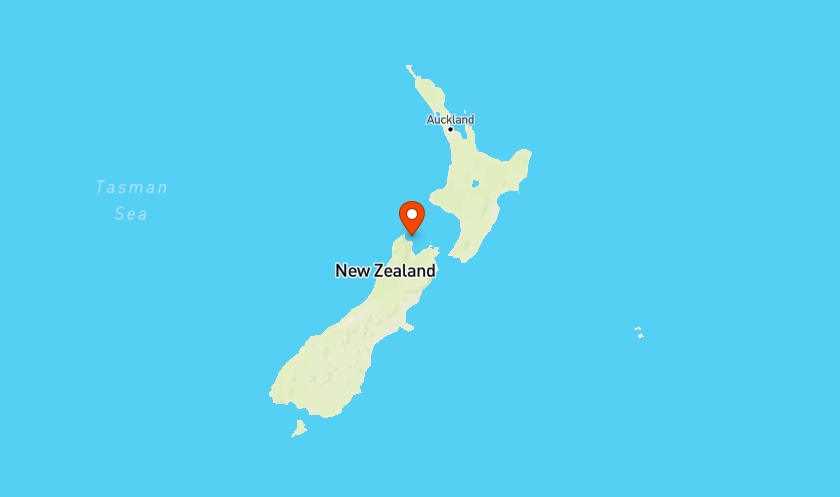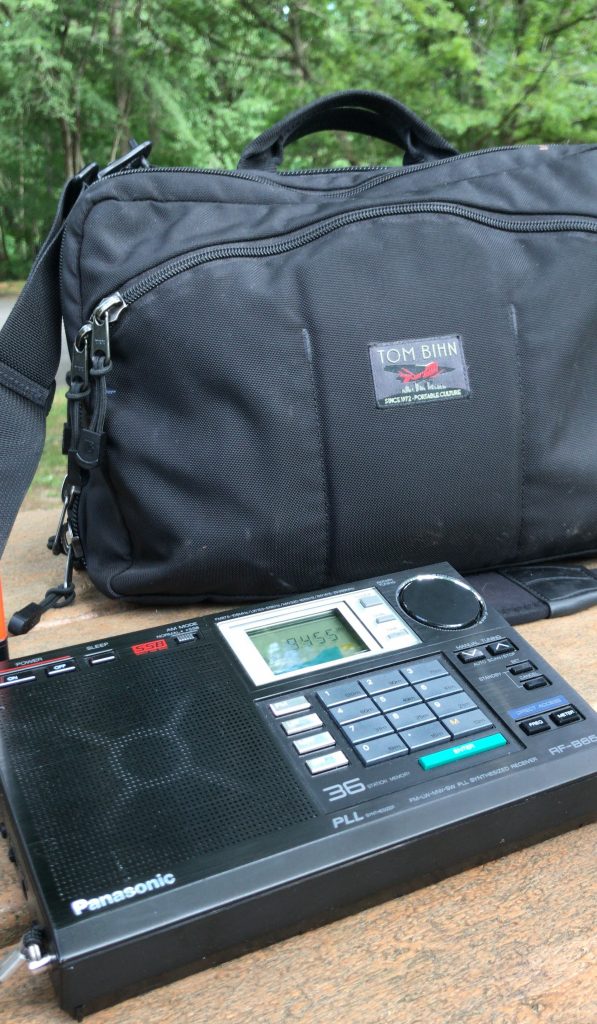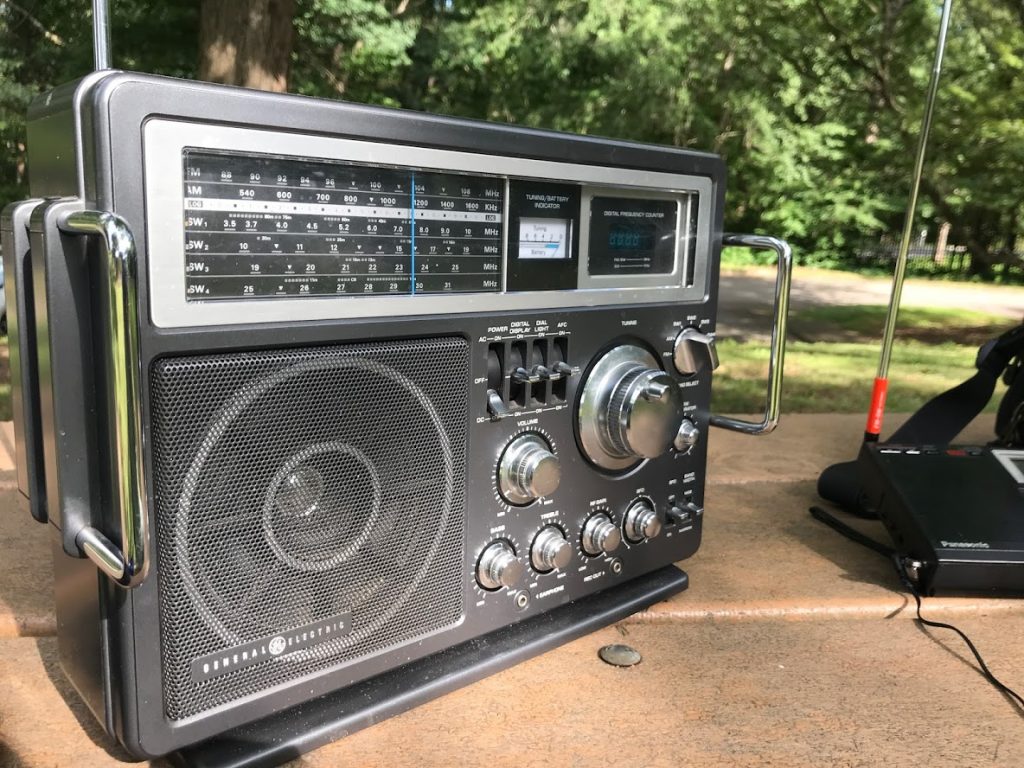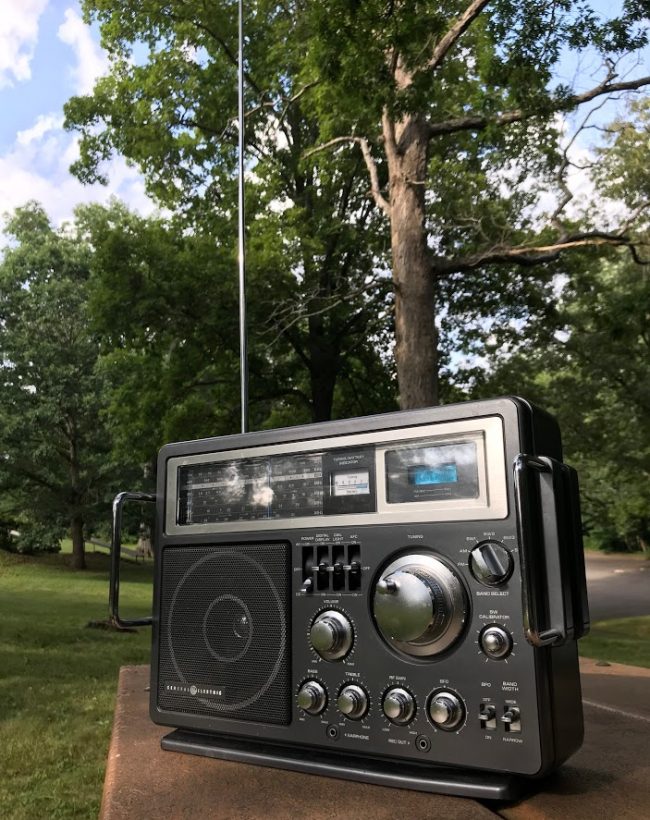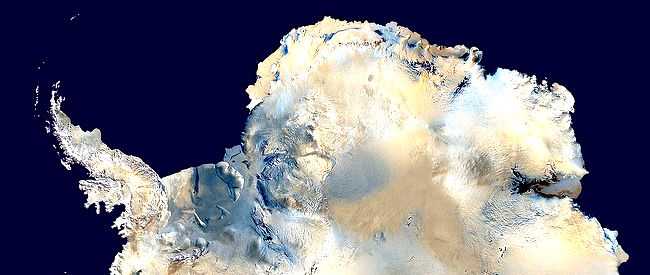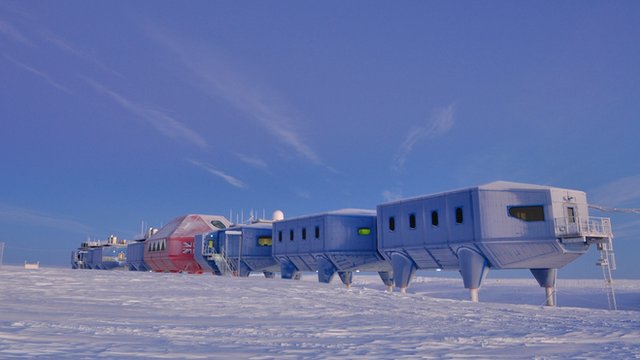On Friday, 21 June 2019, the BBC World Service officially transmitted the 2019 BBC Antarctic Midwinter Broadcast–an international radio broadcast intended for a small group of scientists, technicians, and support staff who work for the British Antarctic Survey.
This is one of my favorite annual broadcasts, and I endeavor to listen every year. Once again, the SWLing Post called upon readers to make a short recording of the broadcast from their locale.
Below are the entries, roughly organized by continent and country/region. We had a total of twenty seven recordings submitted from all seven continents this year–simply amazing!
Putting this post together takes almost a full dedicated day sorting recordings and formatting them for the Post. If I’ve somehow missed including your entry, please contact me; I’ll amend this post.
So, without further ado we begin with a recording made in Antarctica at Germany’s Neumayer-Station III:
The 2019 BBC Antarctic Midwinter Broadcast Recordings
Antarctica
SWL: Andreas Mueller, DL3LRM
Location: Neumayer-Station-III, Antarctica
Notes:
Hello Thomas,
Cheers from Antarctica, I am the radio operator and electronic
engineer of the 39th overwintering team at Germany’s Neumayer-Station
III. Thanks to your blog and post on Facebook I got aware of the
annual BBC broadcasts to Antarctica, and was able to sneak away from
the festivities to enjoy these 30 minutes. And would like to provide
a recording as requested by you.
SWL report by Andreas Mueller, DL3LRM
Location: 70°40’S, 008° 16’W, Neumayer-Station-III, Antarctica
Equipment: Yaesu-450D, Commercial Broadband Dipole 2x35m
The recording is about two minutes long, first 30 Seconds on 5875kHz,
then I switched to 7360kHz and remained there for the rest of the
show. I also have my little FT-817 running as a backup and control
unit, and it also confirmed that 7360kHz was the best frequency, with
S7 to S8 Signal strength, and some fading now and then. 5875kHz was
about S5, and I cannot remember hearing anything on 9455kHz, but I
have to admit that I checked that frequency only briefly.
Thanks again for bringing that broadcast to my attention, it really
was a special treat for me on that day.
73 de Andreas, DP0GVN/DL3LRM
Asia
South Korea
SWL: Eric Young
Location: Anyang City, South Korea
Notes:
QTH: ANYANG CITY, SOUTH KOREA
FREQ: 7360kHz
ANT: ALA1530LNP
RCVR: G35DDC
Philippines
SWL: Vermont M. Coronel Jr.
Location: Manila, Philippines
Notes:
Recording of the 2019 BBC Antarctic Midwinter Broadcast. Signal was, I believe coming in from Ascension Island. Signal was very weak since the Sun was already above the horizon at the time of broadcast. I continued to listen for a few minutes and towards the end of the broadcast. I heard greetings from the relatives of those who are currently stationed in the Antarctic. This is a once a year special program to the scientists and support staff in the British Antarctic Survey Team. Received in Quezon City with a 45 foot antenna. -Vermont
Click here to view/listen via YouTube.
Europe
Finland
SWL: Jari Lehtinen
Location: Finland
Notes:
Reception from Ascension to day-less Antarctica in nightless Finland:
Click here to view/listen on YouTube.
France
SWL: Gaétan Teyssonneau
Location: Marcheprime, France
Notes:
5875 & 7360 khz passé correctement sur mon tescun pl 310 ET mais 9455 kHz signal tres faibles voir inaudible chez moi.
7360 kHz:
5875 kHz:
Germany
SWL: Ollie (13dka)
Location: West coast of Schleswig-Holstein, Germany
Notes:
RX: Tecsun S-8800 with magmount telescopic whip on car roof. SINPO:
5875 kHz (WOF): 53554 (interference from utility station on 5870-5875 kHz)
7360 kHz (ASC): 55545 (hum on TX audio)
9455 kHz (WOF): 35534
Click here to view/listen on YouTube.
Italy
SWL: Giuseppe Morlè IZ0GZW
Location: Formia, Italy
Notes:
Excellent signal on all 3 frequencies used … even on the simple whip of the Tecsun 660 the listening was perfect.
Thanks and a greeting.
Click here to view/listen on YouTube.
SWL: Davide Borroni
Location: Saronno, Italy
Notes:
Ciao Thomas, I am Davide Borroni from Italy my city is Saronno . I send you my videos, made with my receivers: R&S EK 56, Siemens E401 and R1251. The signal on all three frequencies was excellent here in Italy. As an antenna I used a magnetic loop of 2 meters in diameter.
I hope you like my videos
73s
Click here to view/listen on YouTube.
Click here to view/listen on YouTube.
Click here to view/listen on YouTube.
Click here to view/listen on YouTube.
SWL: Renato IK0OZK
Location: Marta, Italy
Notes:
Hi Thomas.
I send my report to BBC Midwinter 2019.
Very good signal to all frequency + 20 Db !
Utc Time 21.30-20.00
Frequency 7.360-5.875-9.455
Setup: Rx jrc nrd 91, jrc nrd 545 dsp, WJ 8718-9, antenna loop Wellbrook ALA 1530.
Rx Marconi Marine Apollo and Zeppelin antenna 16.2 Mt.
Link to my blog with article and video of reception: https://ik0ozk-radio.blogspot.com/2019/06/bbc-midwinter-2019.html
Click here to view on YouTube.
Click here to view on YouTube.
Click here to view on YouTube.
Click here to view on YouTube.
SWL: Gabriele Somma
Location: Province of Salerno, Italy
Notes:
[T]his year I send you the BBC Antarctic Midwinter Broadcast reception on the three frequencies.
I use a Perseus SDR and Ala Antenna 1530. I am writing to you from Italy and precisely from the Province of Salerno near the mythical Amalfi Coast.
Click here to view/listen on YouTube.
Malta
SWL: Adrian Micallef
Location: Malta
Notes:
[L]istened to the programme bbc antarctica on 5875 khz and 7360 khz sinfo 54554 both using a sangean ats 818 with a 27 metre antenna long wire. good job and wonderful broadcast. Sending mp3 recording.
Greeting from Malta
Adrian swl 9H4001SWL
Portugal
SWL: Nuno Oliveira
Location: Santarem, Portugal
Notes:
This is the video from Santarem, Portugal with the 3 frequencies.
The first video is a Tecsun PL-880 with a 1 meter aluminium rod outside and 12 meters of RG58 coax.
Click here to view on YouTube.
The second video is a Alinco R8E with horizontal wire and 15 RG58 coax.
Click here to view on YouTube.
Scotland
SWL: Steven
Location: Ayrshire, Scotland
Notes:
Here is a link to my youtube recording of this years BBC Antartic Midwinter broadcast.
All three signals were good readable at my location in Scotland.
The best reception I got was from Ascension Island on 7360 AM, as there was Ute QRM on 5875.
Details of my RX etc are on the youtube video.
Thanks again,
Regards and 73,
Steven
Click here to view on YouTube.
Spain
SWL: Jacinto
Location: Spain
Notes:
¡Hola Thomas!
Aqui los links de las recepciones desde España
Saludos y Feliz Cumpleaños
dx onda
1) https://youtu.be/sPEw9NizSi0 (With Antenna and without.)
2) https://youtu.be/cdLyINtHVbo
3) https://youtu.be/Ad8M7beIb9U (With Antenna and without.)
United Kingdom
SWL: Roseanna
Location: United Kingdom
Notes:
Equipment used: RTL-SDR blog v3 + 18m copper wire, location UK
Click here to view/listen on YouTube.
SWL: Mark Hirst
Location: Hampshire, England
Click here to view/listen on YouTube.
Russia
SWL: Dmitry Elagin
Location: Saratov, Russia
Notes:
I listened at three frequencies 5875, 7360, and 9455 kHz at 21:50 UTC on Friday June 21, 2019.
The strongest signal was at a frequency of 7360 kHz.
Receiver: SDRplay RSP1
Noise Canceling Signal Enhancer:
Antenna 1: Long wire antenna 35 meters (115 ft) with MFJ-959C Antenna Tuner SWL and Preamp / MFJ-931 Artificial RF Ground
Antenna 2: Active loop antenna R2ATU
Receiver location: Saratov, Russia
Click here to view/listen on YouTube.
Israel
SWL: Moshe Zaharia
Location: Israel
Notes:
Click here to view/listen on YouTube.
Click here to view/listen on YouTube.
Saudi Arabia
SWL: Rawad Hamwi
Location: Saudi Arabia
Notes:
BBC Antarctic Midwinter Broadcast for this year! It was amazing as usual.
The video is available on YouTube.
Date/Time: 21/6/2018 @ 21:30 UTC | 22/6/2018 @ 00:30 Arabian Standard Time (UTC+3)
Frequency: 7360 kHz
Receiver: Sony ICF-2010
Antenna: 30 LM Random Wire Antenna
Location: Turaif – Northern Borders Province – Saudi Arabia
Click here to view on YouTube.
North America
Canada
SWL: Richard Langley
Location: Hanwell, New Brunswick
Notes:
I obtained a good recording of the BAS broadcast here in New Brunswick, Canada, on 9455 kHz using a Tecsun PL-880 receiver outdoors at my house with a Tecsun AN-03L 7-metre wire antenna strung to a nearby tree. Attached is a two-minute clip from the start of my recording. Also attached is a photo of the “listening post” at the back of my mosquito-infested backyard. Note the mosquito on the protective box housing the receiver and recorder!
You can hear my full half-hour recording, with more details on reception, on the Shortwave Radio Audio Archive:
United States
SWL: Stan, WA1LOU
Location: Wolcott, CT
Notes:
https://youtu.be/3rGxxBMWiVw is “49 seconds of the 2019 BBC Antarctic Midwinter Broadcast as received at WA1LOU in Wolcott, CT, USA using an ICOM IC-R8600 receiver and Hy-Gain 18 AVT/WB-A vertical antenna. I programmed the four frequencies that were originally announced for the broadcast into the IC-R8600, but learned afterwords that only three were used (5875, 7360, 9455). I had solid copy on 9455 throughout the broadcast. 7360 had a lot of fading, but was still fair copy throughout the broadcast. 5875 was very poor copy during the last 10 minutes; there was no copy for the first 20 minutes.”
SWL: Bob (W2RWM)
Location: North Babylon, NY
Notes:
Receiving frequency was 7360 kHz. 5875 had a continuous buzz, 9455 was fading in and out too much to understand.
Location is on North Babylon, NY, USA
Equipment is a Yaesu FT-950 and an HyEndFed 80-10 meter antenna oriented North and South.
Hope this adds to the propagation summary.
SWL: Don N7DCP
Location: South Africa (remotely controled from Idaho)
Notes:
This is Don, I am in southwest Idaho. Could only hear a slight carrier locally on 9455 MHz. So used a remote SDR in South Africa to record the audio file. Thanks and 73!
SWL: Thomas Witherspoon K4SWL
Location: Asheville, North Carolina
Notes:
Out of the the three Midwinter Broadcast frequencies (5875, 7360, and 9455 kHz), I could receive the 7,360 kHz signal from Ascension Island best.
Read my full report by clicking here.
Click here to view on YouTube.
Click here to view on YouTube.
Oceana
New Zealand
SWL: Chris Mackerell
Location: Marahau, New Zealand
Notes:
Here’s the first minute of the 2019 BBC Antarctic Midwinter Broadcast as heard here at my home in Marahau, New Zealand.
5875 is in USB to avoid the Stanag signal nearby, the others in Synchronous AM mode.
All three were easily readable here for the entire broadcast.
All received using the same Elad FDM-DUOr receiver & Wellbrook loop antenna.
South America
Brazil
SWL: Rodrigo de Araujo
Location: Belo Horizonte, Brazil
Notes:
How are you? I’m PY4004SWL (Southeast Brazil).
For the first time I tried to listen to the BBC Solstice broadcast to Antarctica and it worked. The only problem is that I wrongly noted the 7350 frequency and with that I lost the Ascencion transmission in 7360, certainly the one that was best heard by the SWLs in my region. Still, I got “taped” 5875 and 9455, the latter with better results. I hope my recordings are useful to those who study propagation.
I have used two radios and 2 kinds of antennas that can be seen and a telescopic as well.
A) Sony SW7600GR
EF-SWL (End-fed):
9455/5875: https://youtu.be/sWgsojljqH4
9455: https://youtu.be/fJzBpiR1fS0
5875: https://youtu.be/HI4ZeNgVSQs
LOOPSTICK + Amplifier
5875: https://youtu.be/YCXdHqU2VyA
9455: https://youtu.be/mASlWRpvt5s
B) Tecsun PL310-ET
EF-SWL (End-fed)
5875: https://youtu.be/jDDu8yQ3CZc
9455: https://youtu.be/T7PsFFYMgb4
LOOPSTICK without amplifier:
9455: https://youtu.be/pctXFX4OUGA
5875: https://youtu.be/IVgezv9TE
TELESCOPIC
5875 https://youtu.be/9K6zxF0jKWo
9455: https://youtu.be/kR9NIjljSKk
Rodrigo de Araujo
Belo Horizonte
Brazil
PY4004SWL
www.ondasderadio.com.br
SWL: José Roberto da Silva Cunha
Location: Governador Valadares, Minas Gerais, Brazil
Notes:
Geographical coordinates:
18 58´45´´ S
41 57´ 30´´ W
Grid locator: GH91ad
RX SONY ICF 2010
ANTENNA LONGWIRE 11 METERS
IN MY BLOG jrdxman.blogspot.com
Wow!
With the inclusion of Antarctica, this is the first year we’ve been sent reports from all continents! Amazing!
Once again, many thanks to all of you who submitted your recordings of the BBC Midwinter Broadcast!
We’ll be sharing this post with both the British Antarctic Survey and the BBC World Service. And to all of you, from the SWLing Post: Happy (Belated) Midwinter! Happy Summer/Winter Solstice!
Do you enjoy the SWLing Post?
Please consider supporting us via Patreon or our Coffee Fund!
Your support makes articles like this one possible. Thank you!

